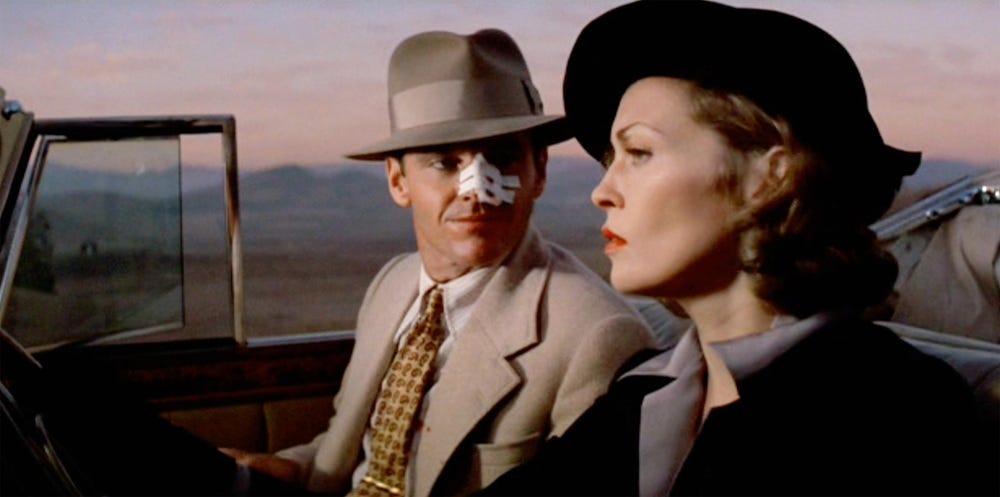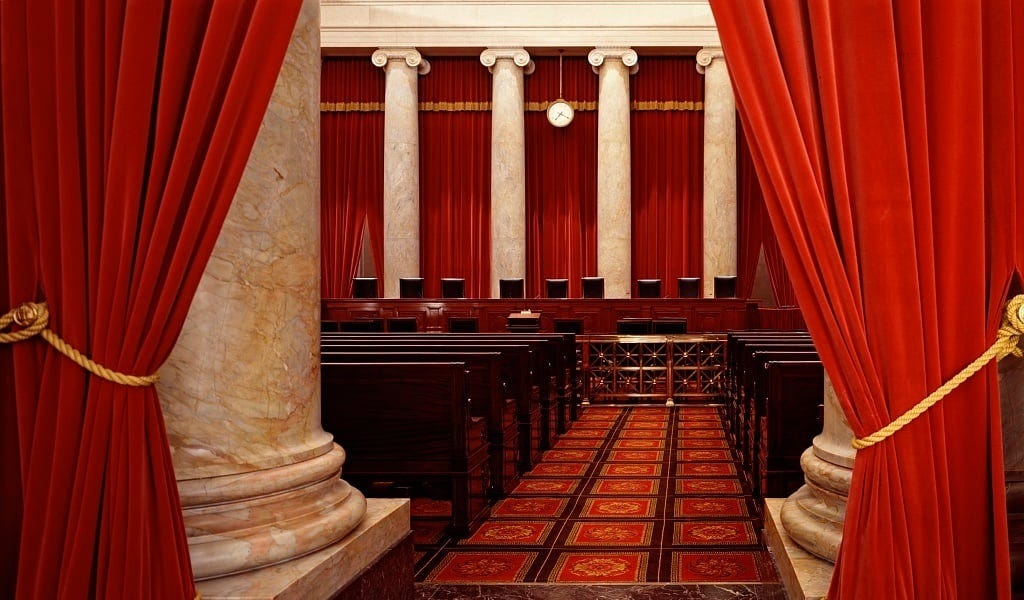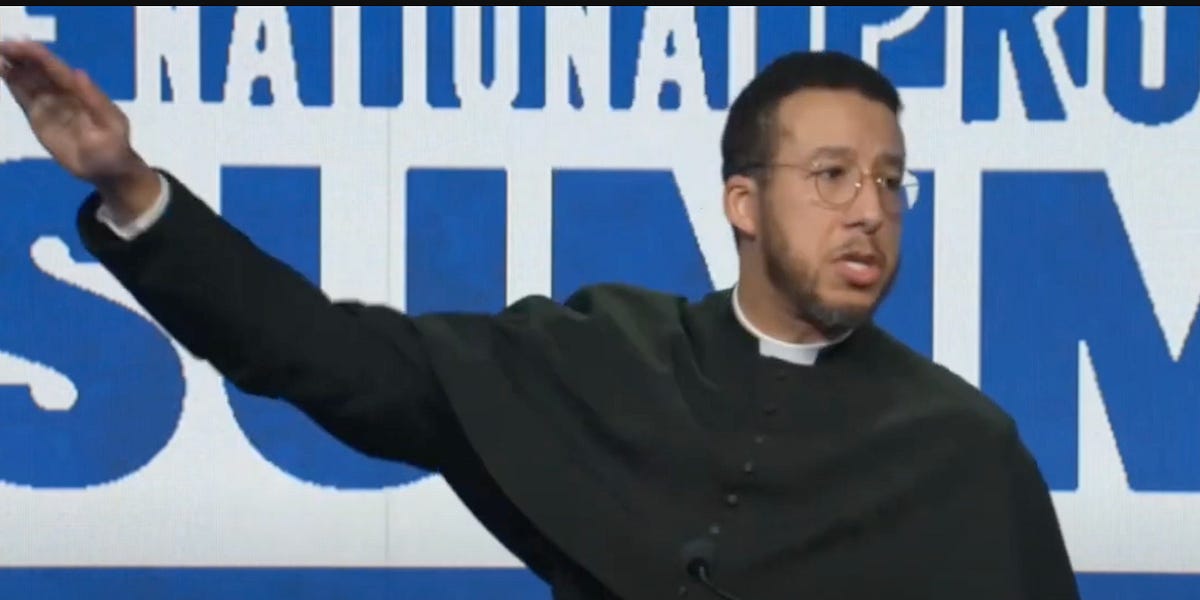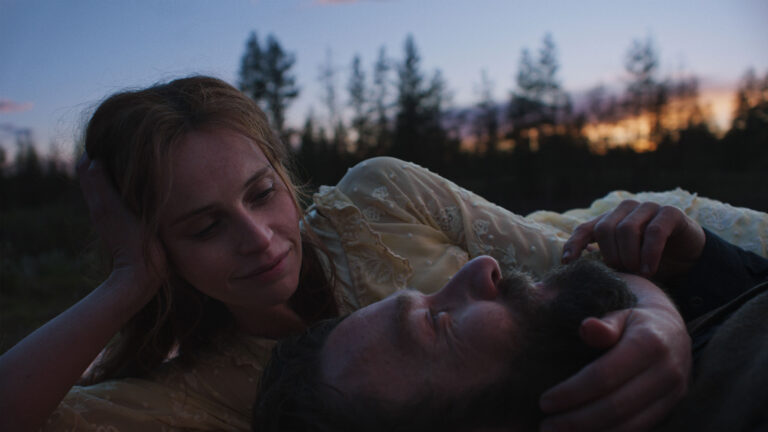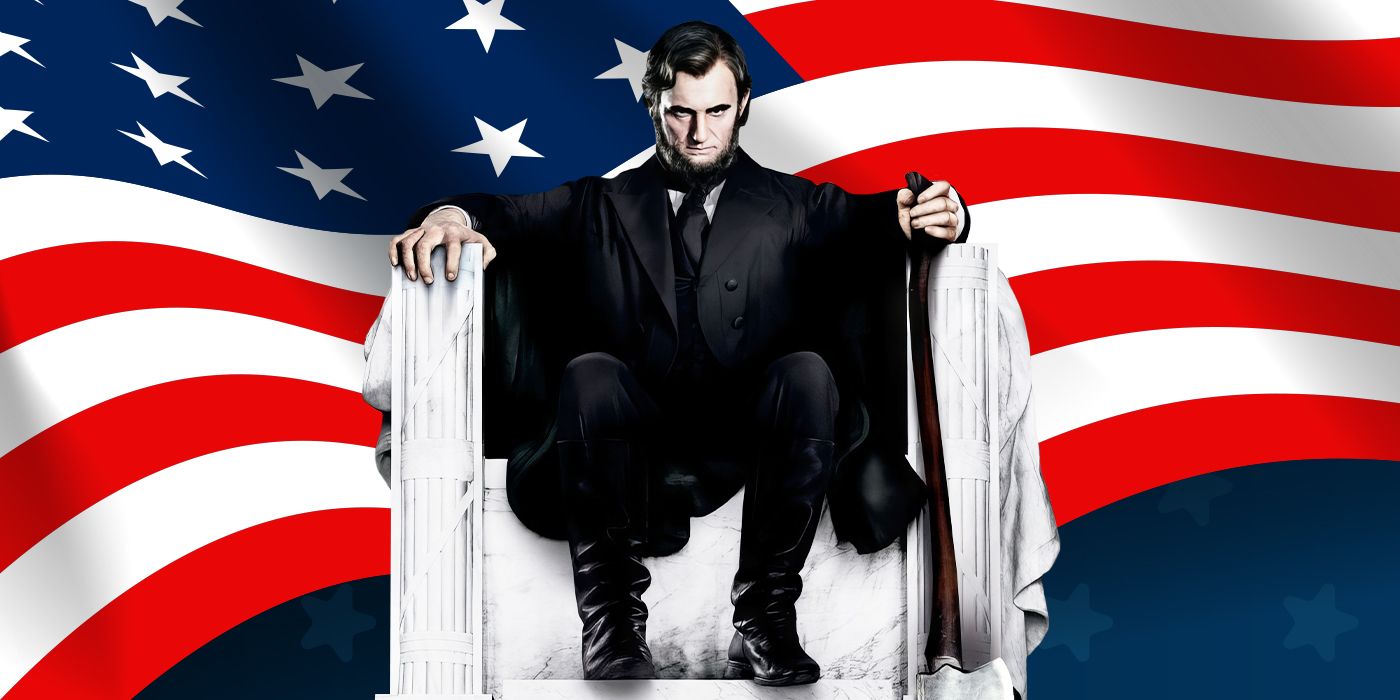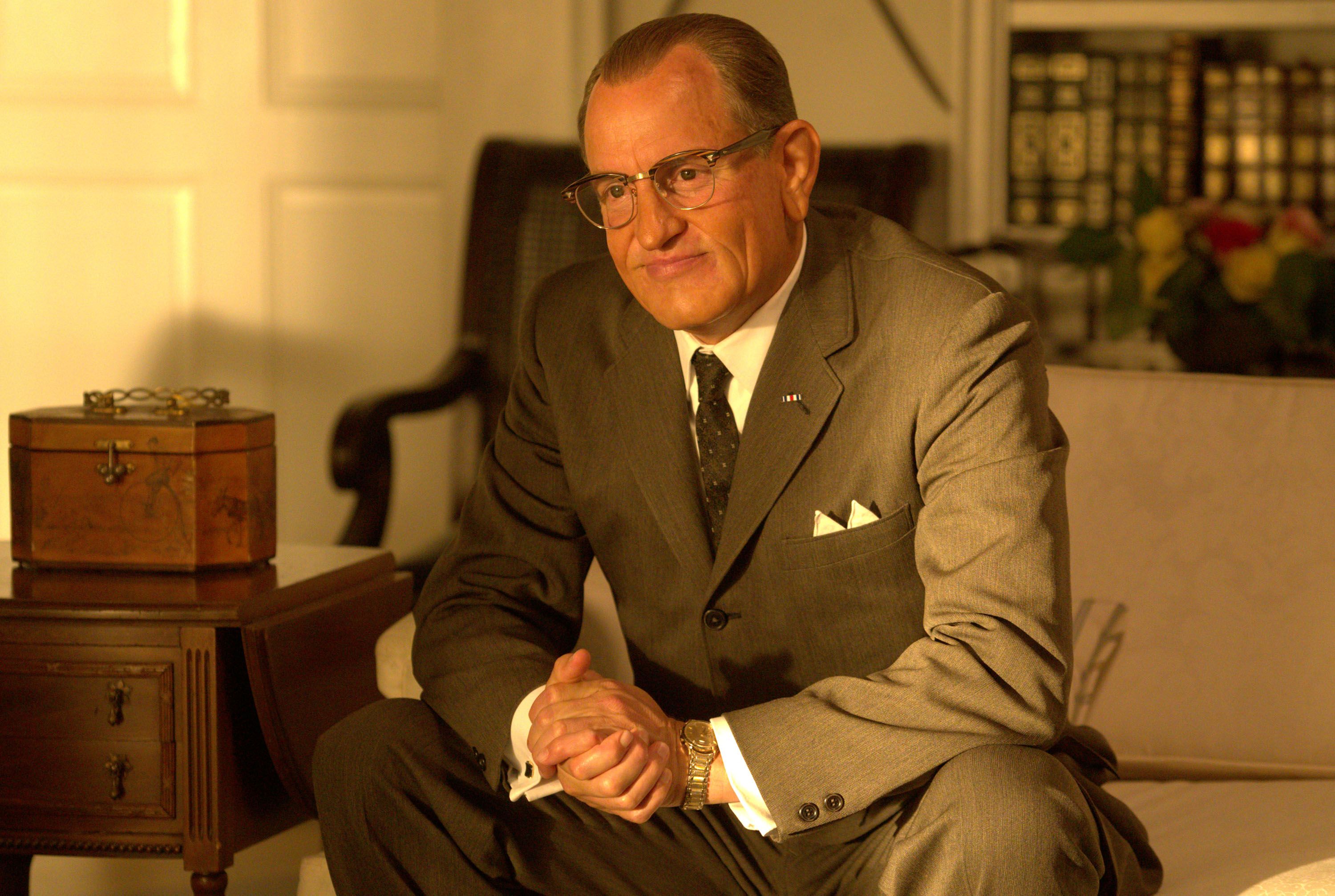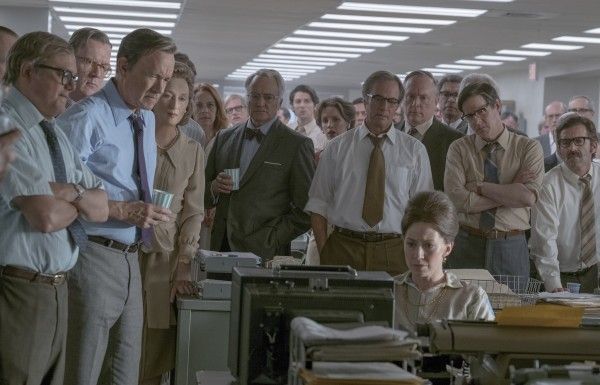When thinking about the most iconic United States presidents in cinematic history, many of the most popular names that come to mind are Harrison Ford’s James Marshall in Air Force One, Michael Douglas’ Andrew Shepard in The American President, Bill Pullman’s Thomas Whitmore in Independence Day, or Kevin Kline’s Dave Kovic in Dave. Whether the President of the United States has been reimagined as an action hero, a romantic lead, or a comical oaf, it’s generally more interesting to see fictional leaders that can stay out of divisive political topics than recreating a figure that could reignite any recent or historical controversies. There’s a responsibility that comes with covering the life of a U.S. president, as they are bound to be analyzed for their historical accuracy, bias on the part of the filmmakers, or allusions to today’s political issues.
Given how challenging it can be to tackle these responsibilities, it’s no surprise that many real U.S. presidents often appear in films where they’re not being used for educational purposes. Sure, you’ll get a performance like Daniel Day Lewis’ Academy-Award winning role in Lincoln every once in a while, but it’s far more often to see films like Abraham Lincoln: Vampire Hunter or the comedic reinterpretation like the one in Bill & Ted’s Excellent Adventure than anything that resembles Steven Spielberg’s historical drama. Lampooning history is often much easier than analyzing it, as casual moviegoers may avoid projects that simply look like “history lessons” to them.
However, seeing stories about the various Commander in Chiefs is important to understanding American history, and as a result, American film. Much of our historical understanding of different time periods, cultural eras, and societal shifts are derived from who was in office at the time; a film like Robocop is directly responding to Ronald Reagan-era consumerism, and a recent hit like Get Out looks at the terror inflicted by Donald Trump’s social policies. Great biopics of U.S. presidents aren’t easy to create, but the standout successes have found ways to combine historical analysis with creative storytelling.
The Right Segment and Perspective
The President of the United States makes countless decisions that affect the future of the nation, each worthy of their own layered analysis. They’ve often been complex men whose lives both in and out of the office are fraught with drama. It’s no surprise that the presidential biopics that have been least successful have been the ones that attempt to encapsulate an entire life, such as Rob Reiner’s LBJ starring Woody Harrelson or Oliver Stone’s W. starring Josh Brolin. Presidents Johnson and Bush had terms that were filled with major historical events, but brushing through wars, social changes, and personal controversies in order to fit someone’s entire life story within the confines of a three-act structure doesn’t make for a very entertaining (or very insightful) film.
Comparatively, Spielberg’s Lincoln doesn’t open with “Honest Abe” as an infant in a log cabin; it begins after the Civil War has been waged for several years, and focuses entirely on Lincoln’s attempts to pass the 13th Amendment in Congress to ban slavery. By focusing on one specific goal that Lincoln had and exploring why it was such an important moment in history, Spielberg was able to tell an emotional story that gave insight on Lincoln’s mindset during one of his greatest achievements. Spielberg has often cited the work of John Ford as highly influential on his own career, and unsurprisingly Ford had a great Lincoln biopic of his own; his 1939 classic Young Mr. Lincoln starred Henry Fonda as a youthful Lincoln during his legal days, and delicately explored the lessons he learned about justice and honor that would prepare him for his later achievements.
It’s often that the best films about real presidents don’t even focus on the time that they were in office. While the administration of Richard Nixon was fraught with controversies surrounding the Watergate scandal, a film like Ron Howard’s Frost/Nixon was able to give a more nuanced understanding of Watergate’s effect by looking back at the events as an older Nixon (Frank Langella) is interviewed by the journalist David Frost (Michael Sheen). Similarly, we learn a lot about the types of precedents that President Obama set by seeing him as a young man (Parker Sawyers) on a first date with Michelle (Tika Sumpter) in the romantic-comedy Southside With You.
Creative Interpretations
Sometimes the confines of a “straightforward biopic” can limit creative freedom, and so filmmakers have chosen more untraditional ways of looking at a President’s career. The President doesn’t even have to be the main character; Anthony Hopkins gives an incredible performance in Spielberg’s Amistad as President John Quincy Adams, even if the story is rightfully told from the perspective of the freed African slaves. Jackie gives us a nuanced examination of the “Kennedy era” by showing it through the perspective of his wife (Natalie Portman) as she reacts to the events as they unfold.
In events like Watergate, where the political ramifications are so significant that it spans beyond Nixon, films like All the President’s Men and The Post have offered as much insight on Nixon’s decisions through the perspectives of journalists covering the massive scandal. Sometimes scandals are too recent to do a straight adaptation, and making a satirical version is a better option. Primary Colors is technically about the fictional President John Stanton (John Travolta) and his First Lady (Emma Thompson), but they’re clearly allusions to Bill and Hillary Clinton, respectively. By taking the names away, Primary Colors examined the media circus surrounding Presidential extramarital affairs in a humorous, yet intelligent manner.
As filmmaking expands into different types of media, there have been different ways to look back at the U.S. Presidents. Whether it’s an extended miniseries like HBO’s John Adams or intimate documentaries like Jimmy Carter: Rock n Roll President, there’s still room for creative filmmaking in different types of media. These men and their lives are worthy of criticism, praise, and analysis, and filmmaking is often the best medium to do so; it should be treated as an exciting challenge, and not a dull assignment.







